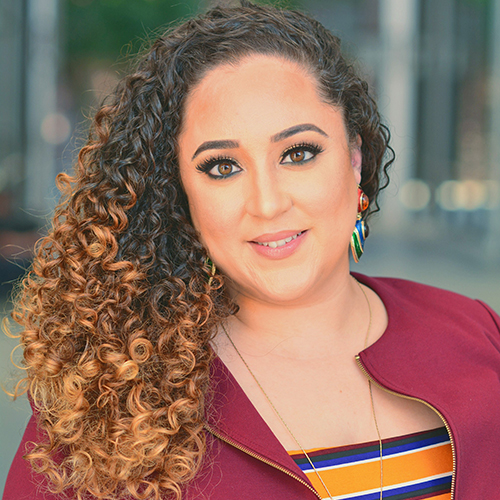Academics
Spelman's Natalie Watson-Singleton, Ph.D., Receives HBCU Translational Research Fellowship
 Natalie Watson-Singleton, Ph. D., a licensed clinical psychologist and associate professor of Psychology at Spelman College, has been named part of the inaugural cohort of Historically Black Colleges and Universities (HBCU) Translational Research Fellows.
Natalie Watson-Singleton, Ph. D., a licensed clinical psychologist and associate professor of Psychology at Spelman College, has been named part of the inaugural cohort of Historically Black Colleges and Universities (HBCU) Translational Research Fellows.The fellowship is a Hopelab program that supports technology-driven solutions for Black youth mental health. According to the news release, the HBCU Translational Research Fellowship is designed to amplify the impact of mental health research at HBCUs with a focus on enhancing the mental well-being of young Black people.
Six researchers from HBCUs were selected for the fellowship. Throughout the 2024-25 academic year, fellows will collaborate with cohort members, Hopelab experts, and industry leaders to develop groundbreaking projects to improve Black youth mental health. More background on the fellowship is available here.
Dr. Watson-Singleton plans to extend a mindfulness stress-reduction app for Black Americans by creating new content specifically designed to meet the needs of young Black people.
“As a funder, connector, and science translator, Hopelab supports change-makers who are making a tangible difference in their communities,” said Samira Pingali, Hopelab’s Translational Science Lead. “The HBCU Translational Science Fellowship is a powerful tool for accelerating cutting-edge research to help improve the mental health and well-being of Black young people.”
According to the release, the inaugural cohort will begin their fellowship in September and engage in regular learning and co-creation sessions throughout the 2024-25 academic year. Applications for the next cohort, set for the 2025-26 academic year, will open in April 2025.
